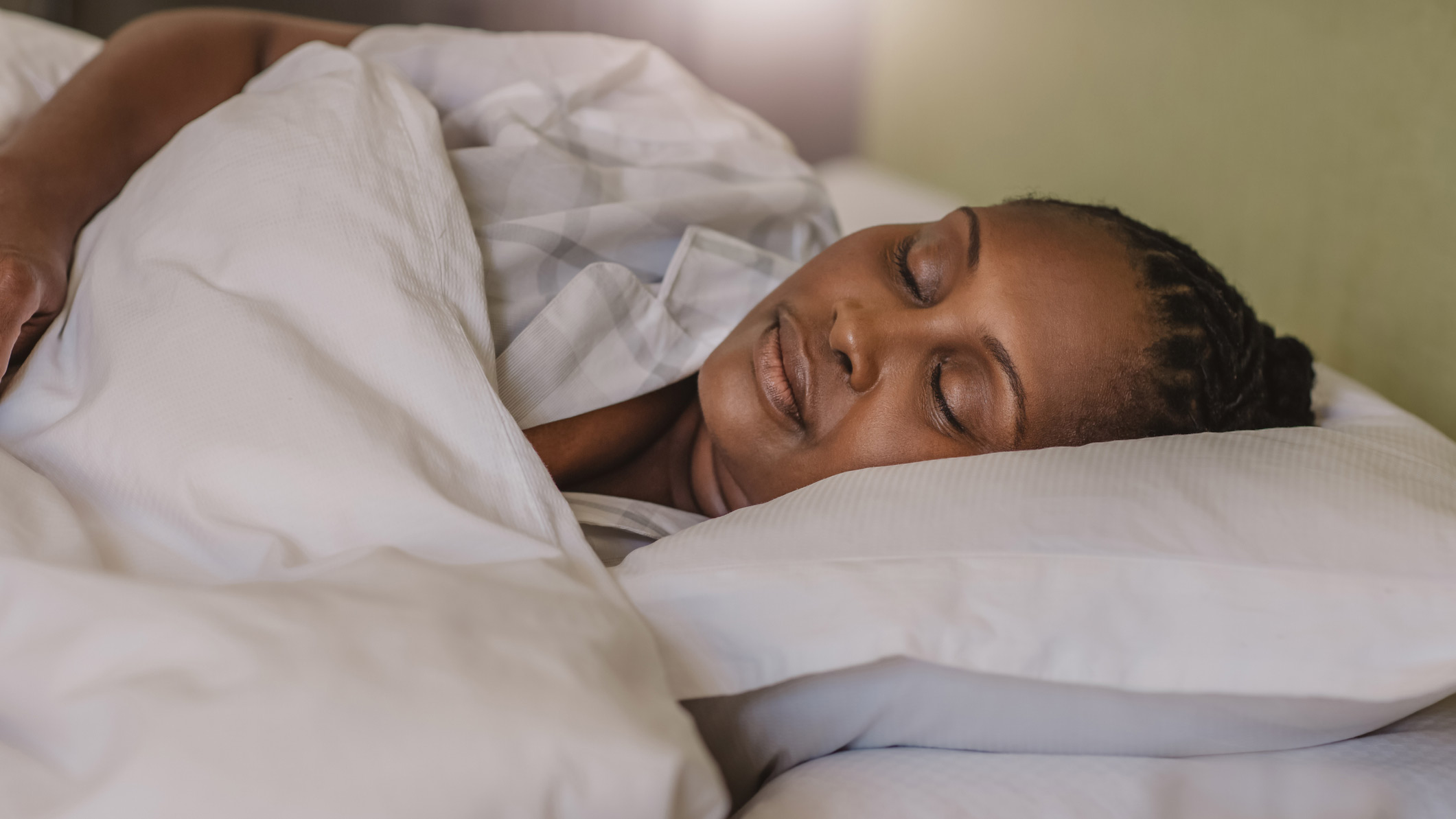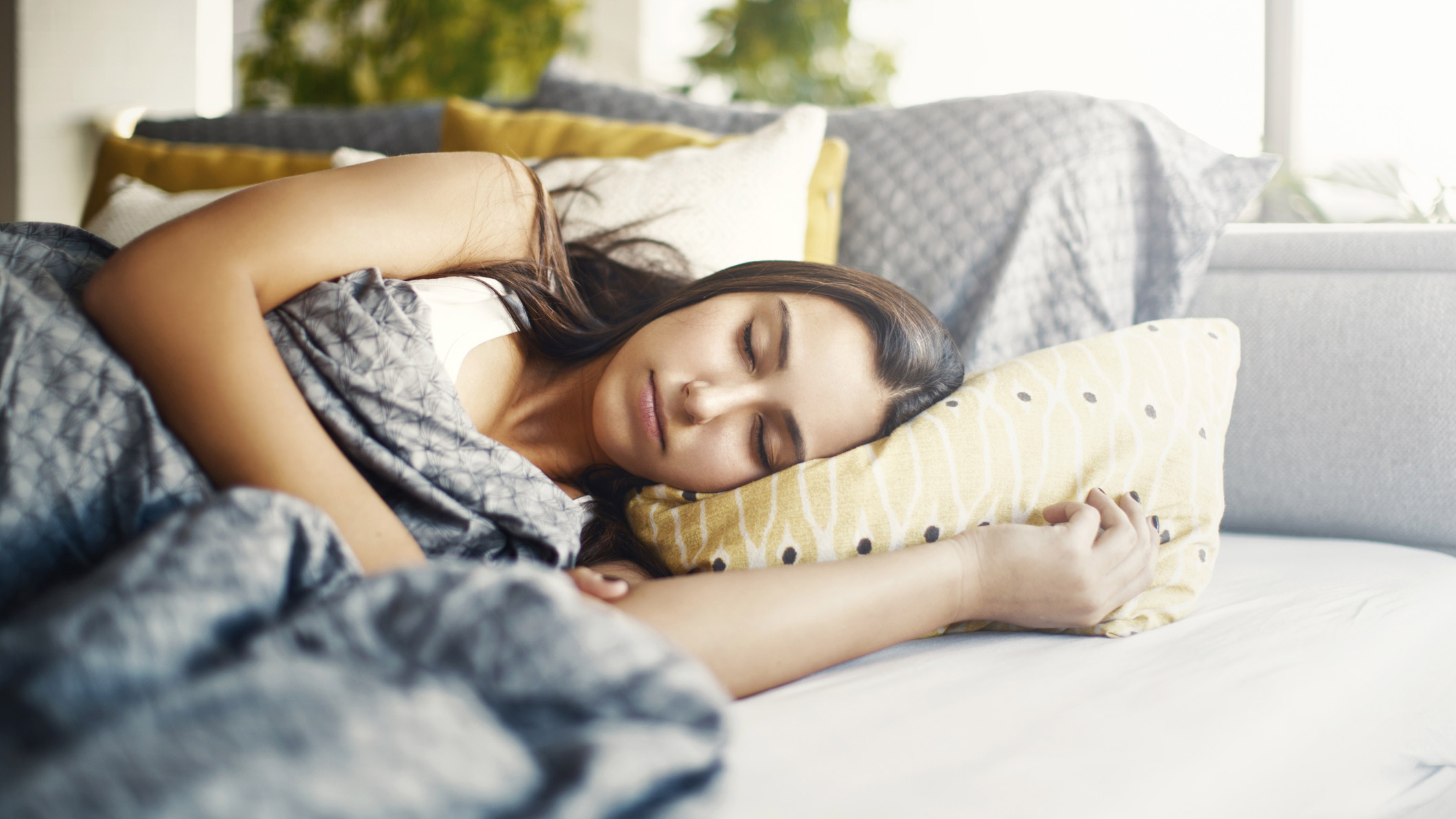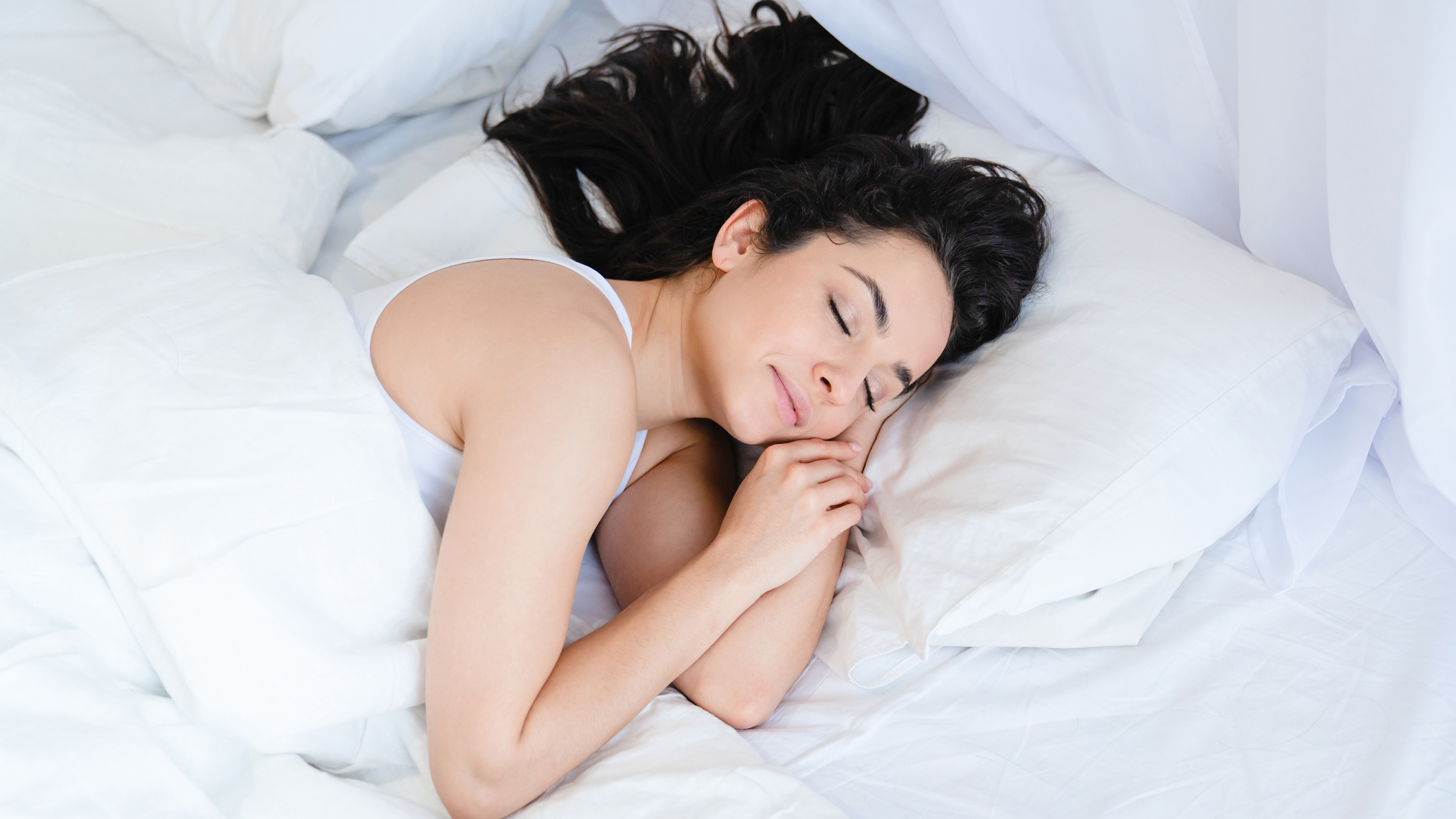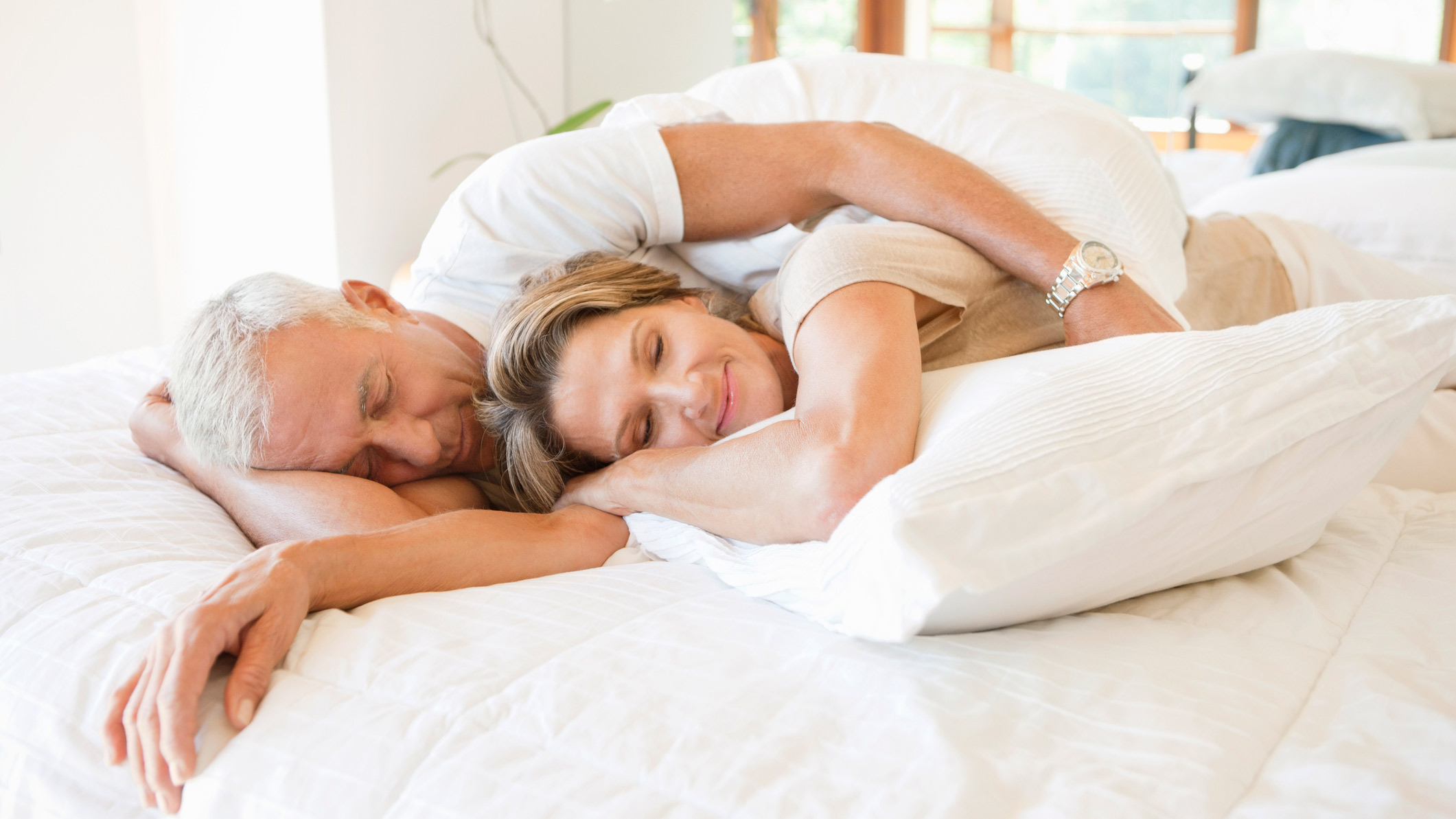
How much sleep do you need as you age? A good night’s sleep sets us up for the day, as well as being essential for good health. We cannot operate without sleep and a lack of it can lead to many issues – some mild and some serious.
“No matter what age you are, the basic recommendations for sleep are universal”, explains Dr Peter Polos, MD and sleep medicine specialist. “Everyone should aim to have a set sleep and awake time and keep it consistent every day. Six or less hours of sleep can lead to sleep debt, which is a condition where there is a difference between the sleep we need and the sleep we get. However, our sleep schedules may change during different stages of our lives for a variety of reasons – whether it be because of work, travel, becoming a parent and more.
"Nonetheless," he adds, "you should make maintaining a regular sleep schedule a priority. The regularity of the schedule can help to offset the occasional night when you achieve less sleep. This regularity helps to maintain our circadian rhythm, the internal clock which drives many of our bodily functions.”
Make sure you help yourself to get the most restful night’s sleep possible by ensuring your bedroom is a peaceful and relaxing environment. Invest in one of our recommended best mattresses and best pillows if your existing setup is looking a little tired.
How much sleep do you need as a teenager?

Our circadian rhythms shift after puberty, meaning teenagers want to go to bed later and stay up later. “Generally we recommend 8-10 hours of sleep for teens”, says Dr Polos. “There are, of course, challenges to achieve this with school, sports and college for example.”
Because teens are often so sleep deprived during the week, they tend to sleep more at the weekend, which can make things worse as they’re no longer following a sleep schedule. Lack of sleep in teenagers can lead to problems including, but not limited to:
- Drowsiness during the daytime.
- Poor cognitive ability, which can impact on school work.
- Skin issues.
- Poor impulse control.
- Reduced emotional control.
How much sleep do you need as an adult?

“7-8 hours is the recommended range for adults”, explains Dr Polos. “Of course, if you can get more sleep that is not discouraged. What is clear is 6 or less hours of sleep on a regular basis is inadequate and has consequences.”
Studies show that there are a number of health conditions linked with sleep deprivation. These include:
- Insomnia.
- Restless legs syndrome.
- Narcolepsy.
- Obstructive sleep apnoea.
- Circadian rhythm disorders.
- Depression.
Depression rates are highest amongst 18-25 year olds and around 7.4% in this age group will have serious thoughts about suicide. And the relationship between sleep and depression is complex, with those suffering from depression often having trouble getting to sleep and staying asleep. This can lead to a vicious circle, so it’s important to seek help before this becomes a serious problem. Anxiety can also prevent restful sleep and is particularly prevalent in adults.
- New study links depression with bad sleep habits
- What are sleep cycles and how can they affect your sleep?
How much sleep do you need as a senior?

Studies show that older adults don’t sleep as well as younger adults. This is down to a variety of factors, with illnesses such as restless legs syndrome or medication for other problems preventing sleep. Dr Polos recommends that the elderly aim for the same amount of sleep as adults (7-8 hours). “In general the elderly tend to go to sleep earlier and wake up earlier than younger individuals. They also can achieve the total daily amount of sleep by napping, which is common in older adults. For example, if your nighttime sleep seems short, the total may be achieved by taking naps.”
Ageing and sleep disorders
“Sleep is critical to our overall health and well-being, and sleep deprivation, including in older adults, can lead to a general decline of physical health over time”, explains Dr Polos. “It can impact many of our bodily functions such as the metabolic, neurologic, psychologic, and immunologic systems.
As you age, your sleep patterns change, and you might be more prone to certain sleep disorders. For example, sleep maintenance insomnia, which is when an individual has trouble staying asleep during the night, is more common in the elderly. Sleep maintenance insomnia can be due to medical issues such as sleep apnoea, medication use, stimulants such as caffeine, alcohol and poor sleep environment. Adjusting your sleep environment and avoiding daytime napping – or keeping them shorter – can potentially help as well. It should be re-iterated that although sleep patterns change as people age, disturbed sleep and waking up tired every day are not part of normal ageing.”
Women and sleep needs during pregnancy
On average, women need around 20 minutes more sleep per night than men. And during pregnancy women need even more sleep, particularly during the first trimester. This is due to the rise in the progesterone hormone, along with the metabolic changes the body is going through. In the first trimester, expectant mothers can be kept awake by cramps and nausea, along with a frequent need to urinate. They will generally sleep better during the second trimester, although leg cramps and heartburn can be an issue. In the third trimester, sleep again gets worse due to issues such as restless legs syndrome, frequent urination and lower back pain.
After birth, many new mothers will actually find it easier to sleep (albeit for short periods of time!). Breastfeeding is sleep-inducing because prolactin (the hormone that promotes lactation) helps to promote sleep. The brain will also attempt to make up the sleep deficit as quickly as possible when mums do get the chance to sleep.







